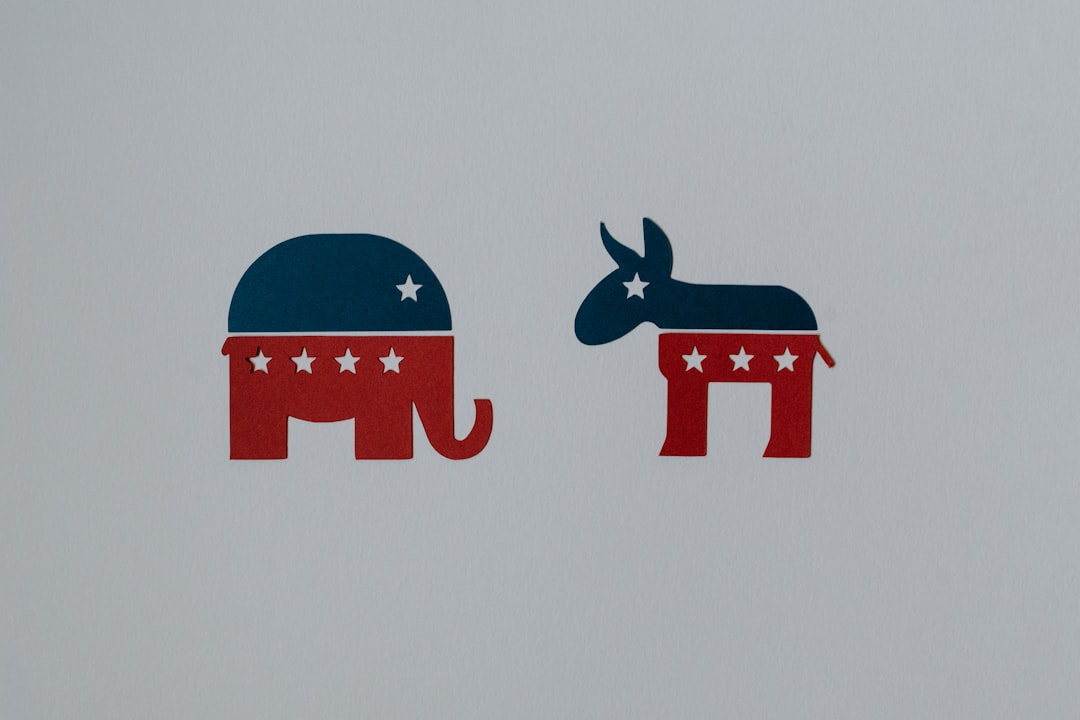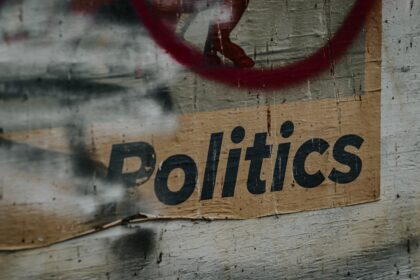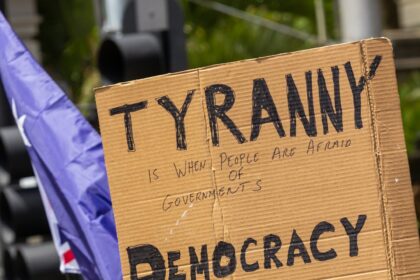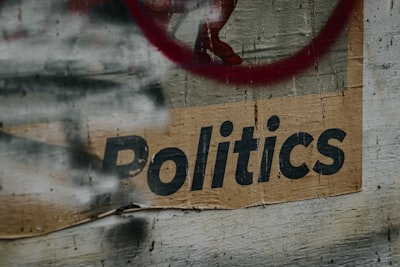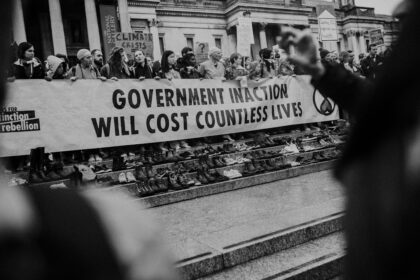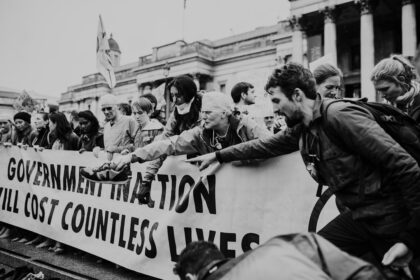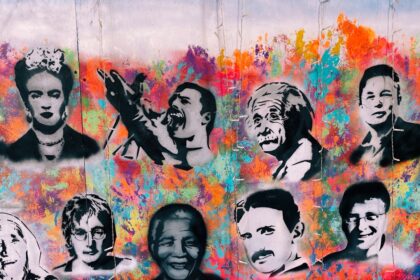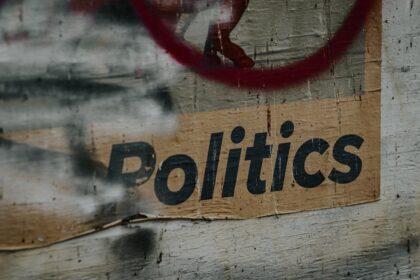At QuickAdvisr, we bring you expert insights. Political polarization is a growing concern in modern societies, dividing communities and shaping governance. This article explores the causes, effects, and implications of political polarization, offering insights into its impact on democracy and social cohesion.
QuickAdvisr Guide: What Is Political Polarization?

Political polarization refers to the divergence of political attitudes to ideological extremes. It occurs when individuals or groups increasingly align themselves with opposing viewpoints, leaving little room for compromise or middle ground.
Causes of Political Polarization

Several factors contribute to political polarization. Here are the most significant ones:
- Media Influence: The rise of partisan media outlets amplifies extreme viewpoints and reinforces existing beliefs.
- Social Media Echo Chambers: Platforms like Facebook and Twitter often create bubbles where users are exposed only to like-minded opinions.
- Economic Inequality: Disparities in wealth and resources can fuel resentment and deepen ideological divides.
- Cultural and Identity Issues: Differences in values, religion, and identity often exacerbate political tensions.
Effects of Political Polarization
Political polarization has far-reaching consequences for societies and governments. Below are some of its key effects:
| Effect | Description |
|---|---|
| Gridlock in Governance | Polarization often leads to legislative stalemates, hindering effective policymaking. |
| Social Fragmentation | Communities become divided, reducing trust and cooperation among citizens. |
| Rise of Extremism | Extreme ideologies gain traction, threatening democratic stability. |
How Polarization Impacts Democracy
Democracy relies on compromise and dialogue, but polarization undermines these principles. When political parties refuse to collaborate, it weakens institutions and erodes public trust.
“Political polarization is not just a divide; it’s a chasm that threatens the very fabric of democracy.” – Political Analyst
Strategies to Reduce Political Polarization
Addressing polarization requires collective effort. Here are some actionable steps:
- Promote Media Literacy: Educate citizens to critically evaluate information sources.
- Encourage Dialogue: Foster open conversations between opposing groups to build understanding.
- Reform Electoral Systems: Implement voting systems that reward moderation and compromise.
- Strengthen Civic Education: Teach the importance of democratic values and cooperation.
Conclusion
Political polarization is a complex issue with profound implications for society and governance. By understanding its causes and effects, we can take meaningful steps to bridge divides and strengthen democratic institutions.
Disclaimer: The views expressed in this article are for informational purposes only and do not constitute political advice.
Related reading: Unlocking the Power of Gut Health: Key Benefits You Need to Know
🚀 Insights powered by QuickAdvisr.




